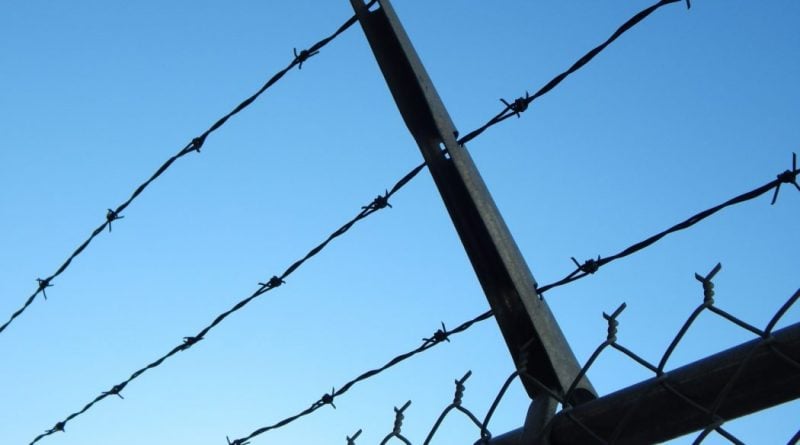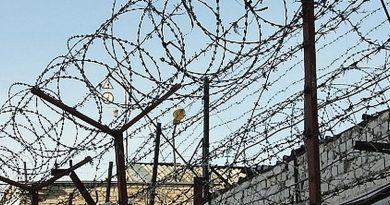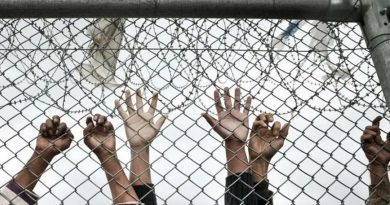Uzbekistan: senators asked to investigate prisoner’s mysterious death
The strange suicide of a prisoner on March 26 caused deep distrust from his relatives. The case became known. The online media Kun.uz posted the material under the heading “A prisoner died in Kashkadarya prison. Did he really hang himself?” Following the publication, the Senate Committee on judicial-legal issues and combating corruption became interested in the case; they called it “mysterious”. The senators even asked the Ministry of Internal Affairs to make an official statement on the results of its investigation.
A certain Sh. Azamov hanged himself inside the warehouse of the production enterprise of the colony No. 2, allegedly using an ordinary telephone cable. Probably, this statement of the colony employees caused doubts in the official version among the relatives of the deceased.
The relatives and mother of the deceased examined the body. Suspicions of imitation of suicide immediately arose, and they demanded a second examination, which was firmly denied. The position of the colony administration doesn’t inspire confidence either because the day before the prisoner was waiting for his transfer to the colony-settlement of Namangan region and in a conversation with his parents, two days before the incident, he was clearly not motivated to leave this life. In despair, his relatives decided to achieve justice and turned to journalists, not relying on the deputies and authorities.
“There is no reaction to death on the part of the new Ombudsman Feruza Eshmatova, just as her active work in penitentiary institutions is not observed,” the ACCA expert notes. On the other hand, on the website of the Commissioner of the Parliament of Uzbekistan for Human Rights on March 30 this year, a publication appeared with an incredible statement – “… monitoring visits are carried out with the participation of the President of the Republic of Tajikistan, and it’s gratifying that positive changes take place in these institutions every year”.
Formalism manifests itself not only in the ridiculous mistakes of the author of the text. Soon after her appointment, Feruza Eshmatova visited the colony No. 48 (Akhangaran, Tashkent region) in February to inquire about the brutal beating of another prisoner. Three months later, there is no new information about the incident, although the Ombudsman promised to report everything to the media.
There is no civilian control over the observance of prisoners’ rights, but even the available statistics indicate a big problem. Deputy Prosecutor General Svetlana Artykova reported in May last year that in the previous three years, the criminal cases of torture were initiated only on 33 complaints out of 757. Then, she promised that Uzbekistan would improve legislation on the prevention of torture and bring it into line with international law. At the same time, it was planned to create a Committee for the Prevention of Torture in the country.
As the ACCA previously wrote, there is no detailed information in the public space about who and when the sentences were passed. Torture, intimidation and harassment by law enforcement officials are grounds for judicial review.
On April 26, ACCA received information about confirmed fatal torture for two prisoners of the colony No. 7 in Tavaksay (Namangan region). Last year, jailers beat them to death, explaining that they were infected with the coronavirus.




